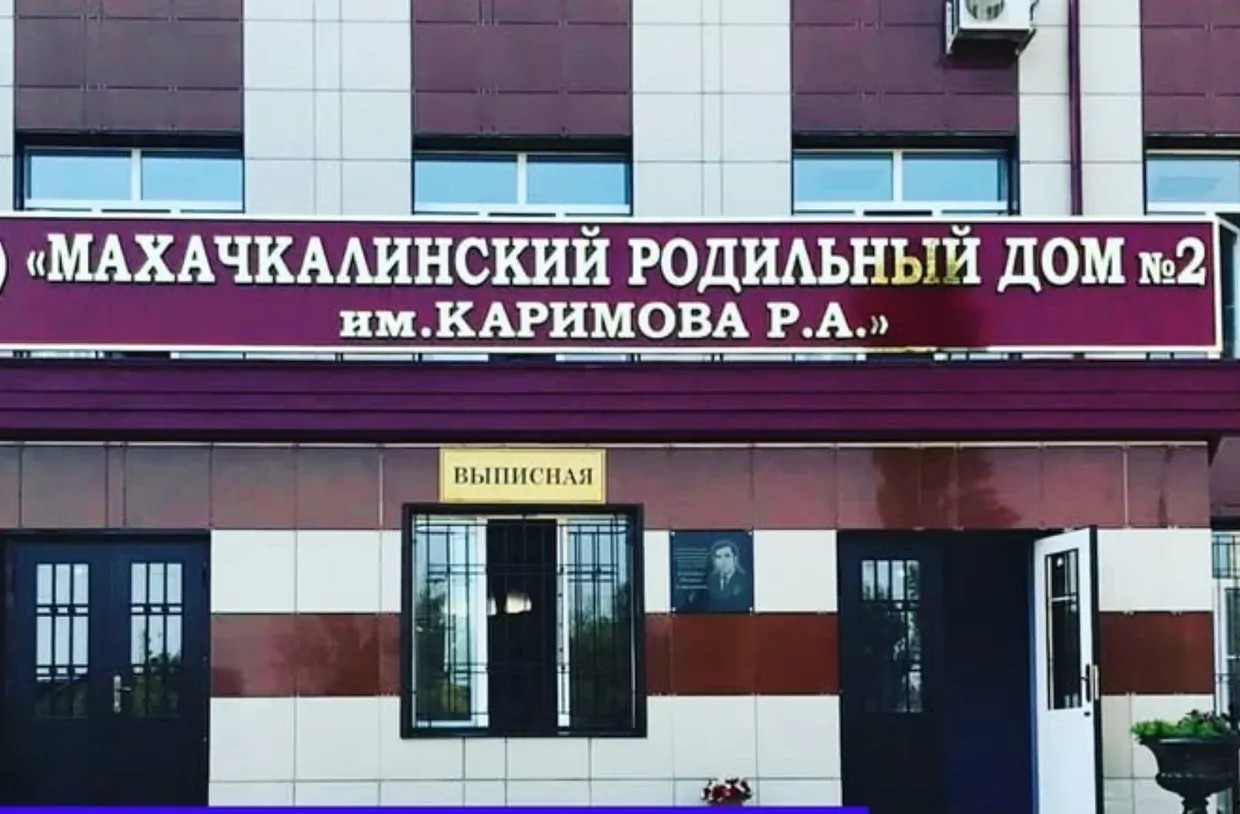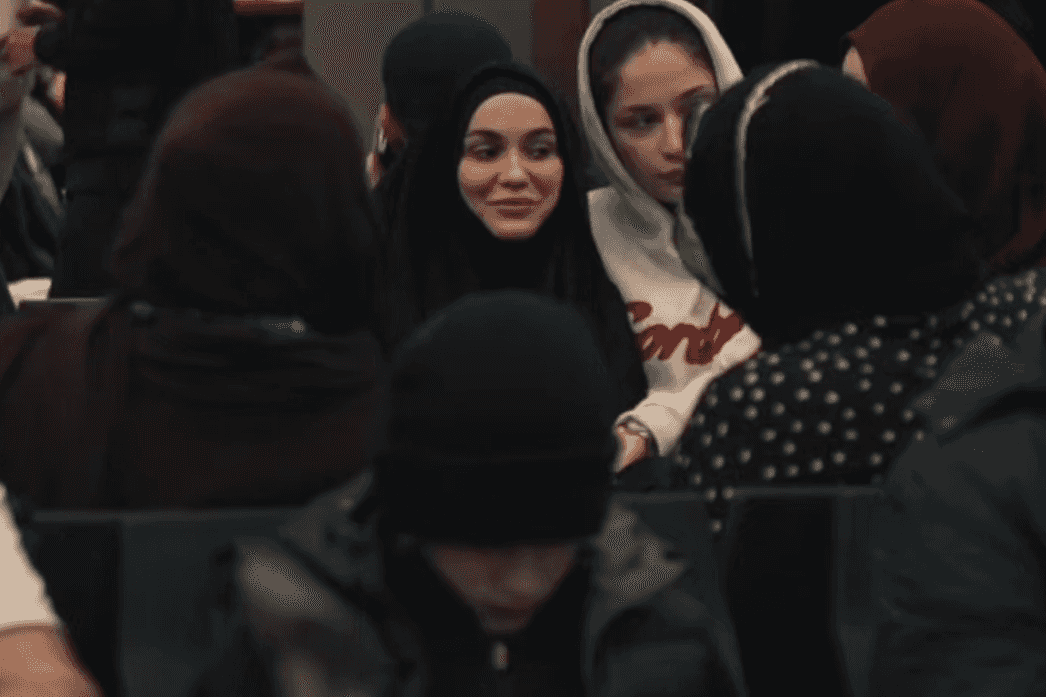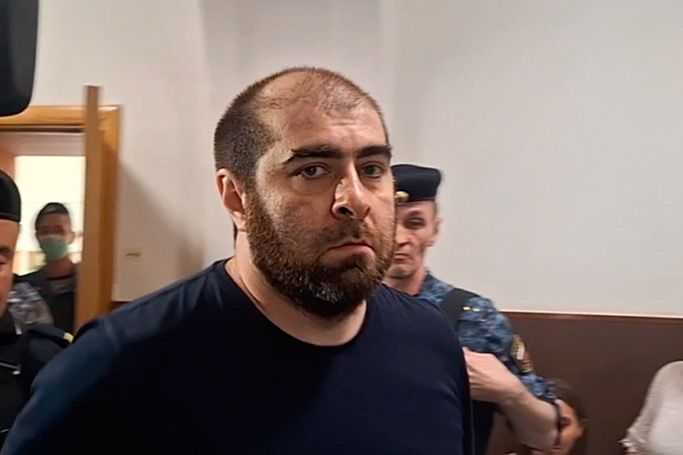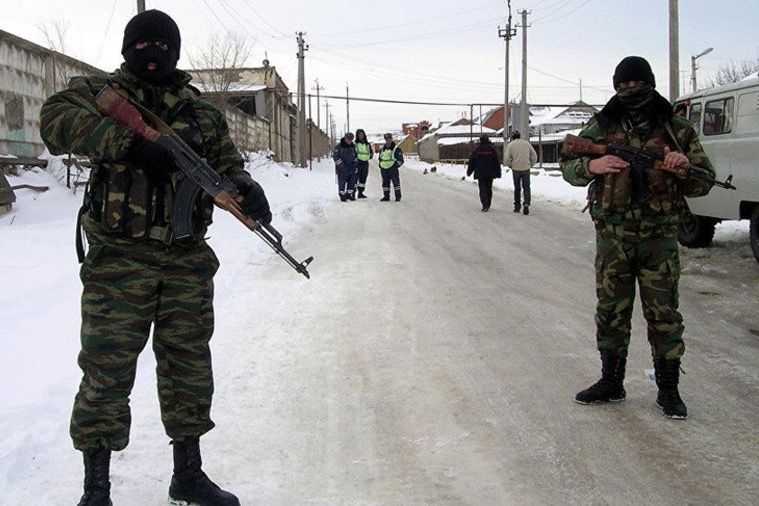
The Sovetsky District Court in the Daghestani capital of Makhachkala has sentenced a local woman to three years in a general regime colony after finding her guilty of selling her newborn daughter for ₽300,000 ($3,800).
According to the investigation, in December 2024, the 25-year-old woman gave birth to a girl and, while still in hospital, made an agreement with another woman from Makhachkala to hand over the baby in exchange for the specified amount. The deal was carried out later that month upon her discharge from hospital.
Under Russian law, such actions are classified as child trafficking and can be punished with up to 10 years in prison. However, the court allowed for a deferral in the sentence allowing the convicted woman to remain free until her eldest child reaches the age of 14.
The authorities did not release any information regarding the second woman involved in the deal or the current status of the child. It remains unclear whether the baby was placed in state care or adopted.
There have been several similar cases in recent years in the North Caucasus.
In June 2023 in Ingushetia, a 22-year-old woman received a suspended sentence for attempting to sell her own baby for ₽100,000 ($1,100).
In 2022, in the Daghestani town of Kaspiysk, a woman sold a baby to a childless couple. According to various sources, the price ranged from ₽20,000 to ₽300,000 ($200–$3,400).
In October 2021, a resident of Daghestan who tried to sell her newborn baby for ₽300,000 ($3,400) was sentenced to four years in prison in Moscow.
In July 2020, a guilty verdict was handed down against five residents of the Daghestani town of Izberbash, who were found guilty of selling a newborn baby girl for ₽200,000 ($2,200).
Experts note that the problem of selling children is very relevant for the North Caucasus republics, as childbirth outside of marriage is typically not approved within Islamic culture.
In addition, childless women are sometimes considered ‘defective’, and therefore are ready to go to any lengths to have a child. At the same time, men do not have their health checked, and male infertility is not considered a reason for not having children in the family — only women are blamed for infertility.
According to the Russian independent media outlet Takie Dela, very few orphanages exist in the North Caucasus. In interviews with the outlet, respondents attributed the absence of orphanages ‘due to the influence of strong blood ties’. Healthy children from well-to-do families without parents are often taken away by relatives. Only children whose parents are only temporarily deprived of parental rights and children with serious health problems end up in orphanages.











